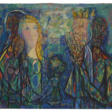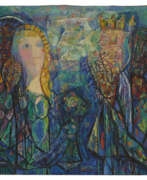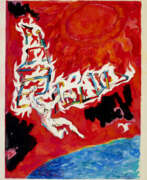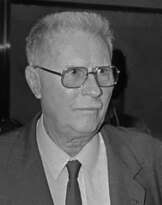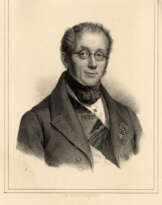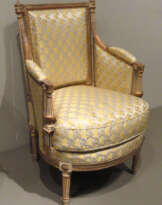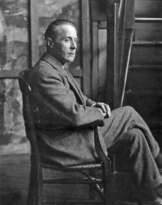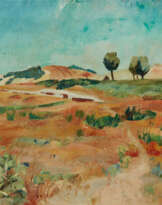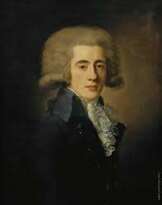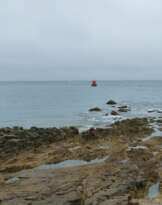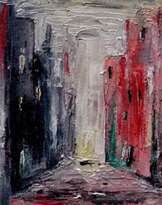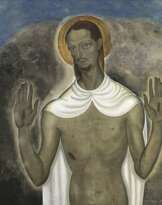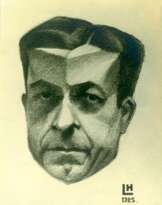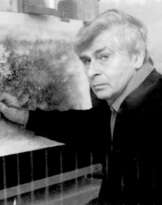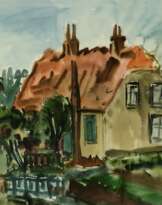Abraham Rattner (1895 - 1978)
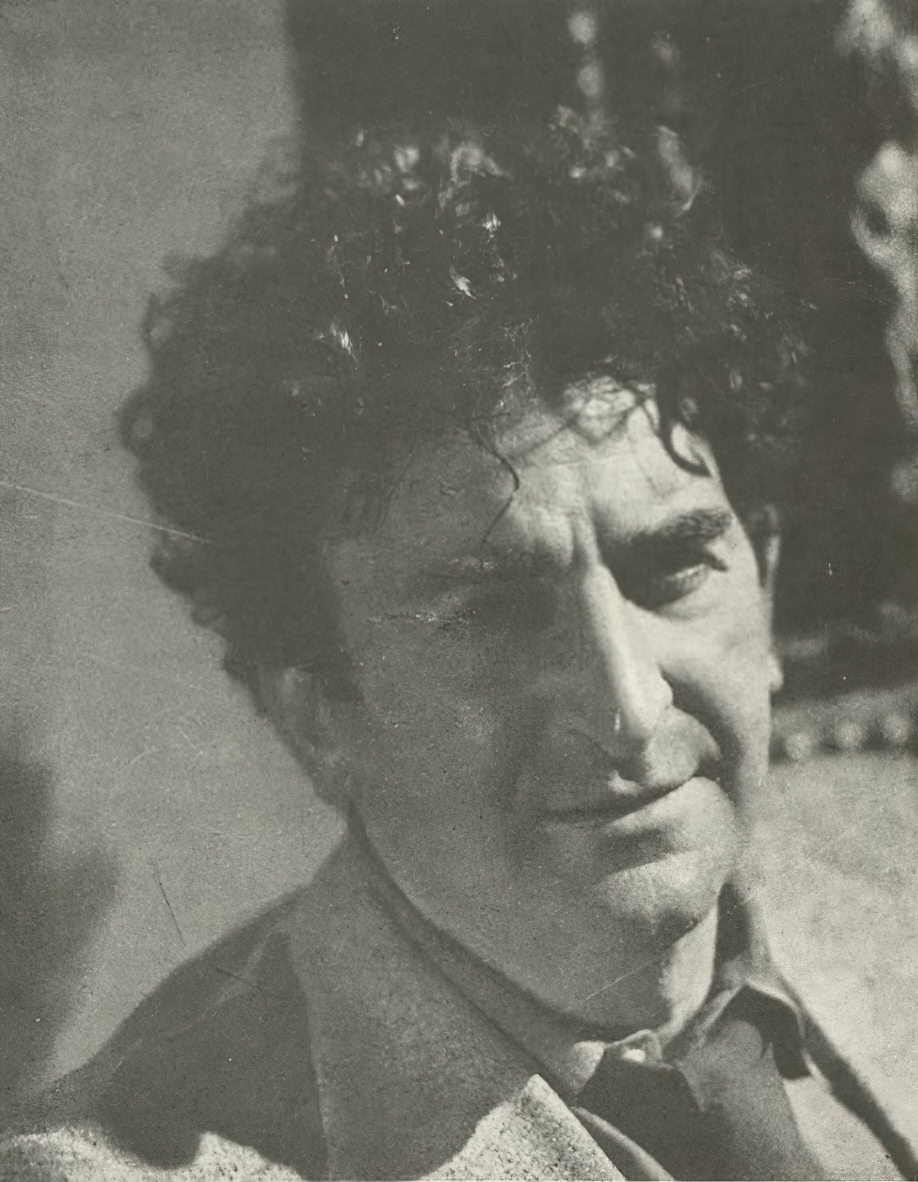
Abraham Rattner
Abraham Rattner was an American artist known for his powerful and emotional expressionist paintings, as well as his work in sculpture, lithography, and other media.
Rattner studied art in New York City and Paris, where he was influenced by the modernist art movements of the early 20th century, including cubism, fauvism, and expressionism. He developed a unique style that blended elements of these movements with his own personal vision and experiences.
Rattner's paintings often featured deeply spiritual themes, such as the struggle between good and evil, the nature of human suffering, and the search for transcendence. His work was characterized by bold colors, dramatic brushstrokes, and a sense of raw emotional intensity.
Rattner was an important member of the New York School of Abstract Expressionism, and his work was exhibited in many prominent galleries and museums, including the Museum of Modern Art in New York City and the Art Institute of Chicago. He was also a prolific writer and lecturer, and his work was the subject of several books and monographs.
Today, Rattner's paintings and other artworks can be found in the collections of museums and private collectors around the world. He is considered one of the most important American expressionist artists of the 20th century, and his work continues to be celebrated for its emotional power and spiritual depth.
| Date and place of birt: | 8 july 1895, Poughkeepsie, USA |
|---|---|
| Date and place of death: | 14 february 1978, New York City, USA |
| Nationality: | France, USA |
| Period of activity: | XX century |
| Specialization: | Artist, Painter |
| Genre: | Genre art, Landscape painting, Religious genre, Still life |
| Art style: | Cubism, Expressionism, Fauvism |
